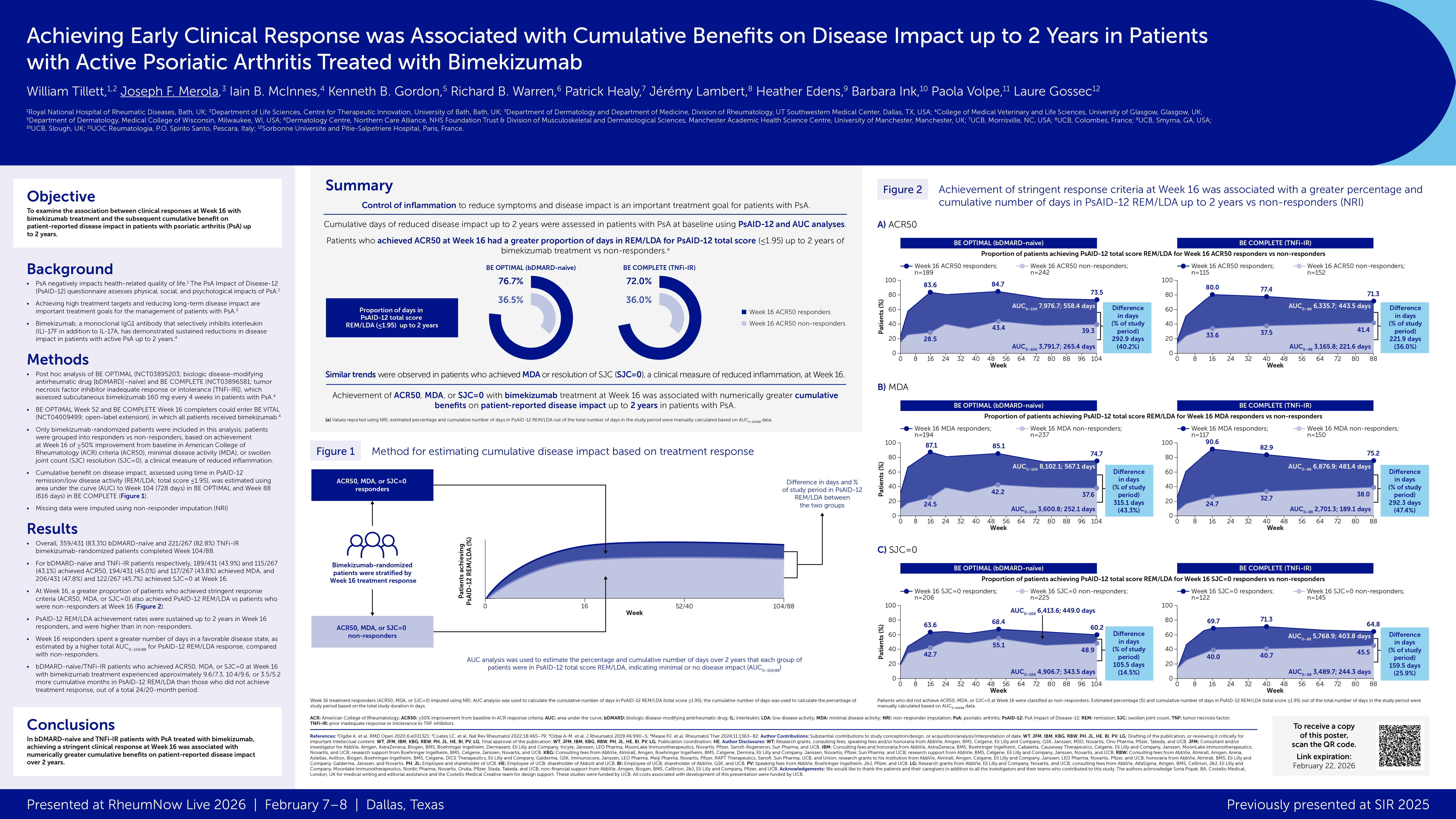Comparing Biosimilar Growth in the US, Germany, and Switzerland Save

The biosimilar landscape will change dramatically in 2023, following the successful rollouts in other countries in Europe. This analysis of the uptake and price of biologic therapy in Germany, Switzerland and the United States suggest that anticompetitive practices in the US could allow biosimilars to enter the market sooner and could also lower health care costs with improved access.
Analyses were based on biologic and biosimilar introductions and pricing between 2011 to 2020. The study cohort included 15 biosimilars and 6 biologics for the US, 52 biosimilars and 15 biologics for Germany, and 28 biosimilars and 13 biologics for Switzerland.
Biosimilar market share at launch was highest in Germany. While the USA had the fastest increase in biosimilars (driven by hematologic/oncologic biosimilars), it also had the highest treatment biosimilar costs that were 1.94 and 2.74 time the corresponding costs in Germany and Switzerland.
Relief from current anticompetitive practices in the US could allow biosimilars to enter the market sooner and could also lower health care costs with improved access.
In the USA biologics are only 2% of prescriptions but account for 37% of net drug spending. Biologics account for $452 billion USD in global spending by 2022.
The upcoming expiration of patent protection on a few biologics (adalimumab, etanercept) portends a substantial shift towards greater biosimilar use and competition with potentially greater uptake and lower drug costs.
For instance, adalimumab (Humira) biosimilars first became available in Europe in 2018 (10/18), they have been unavailable in the USA until the patents expire. Hence, in 2023 numerous adalimumab bioisimilars will become available in the USA, beginning with Amjevita (Amgen) in January 2023 and six others to follow after July 2023 (Abrilada/Pfizer, Cyltezo/BI, Hadlima/Samsung Bioepis, Yusimry/Coherus, Hulio/Biocon, and Hyrimoz/Sandoz in Sept. 2023).











If you are a health practitioner, you may Login/Register to comment.
Due to the nature of these comment forums, only health practitioners are allowed to comment at this time.